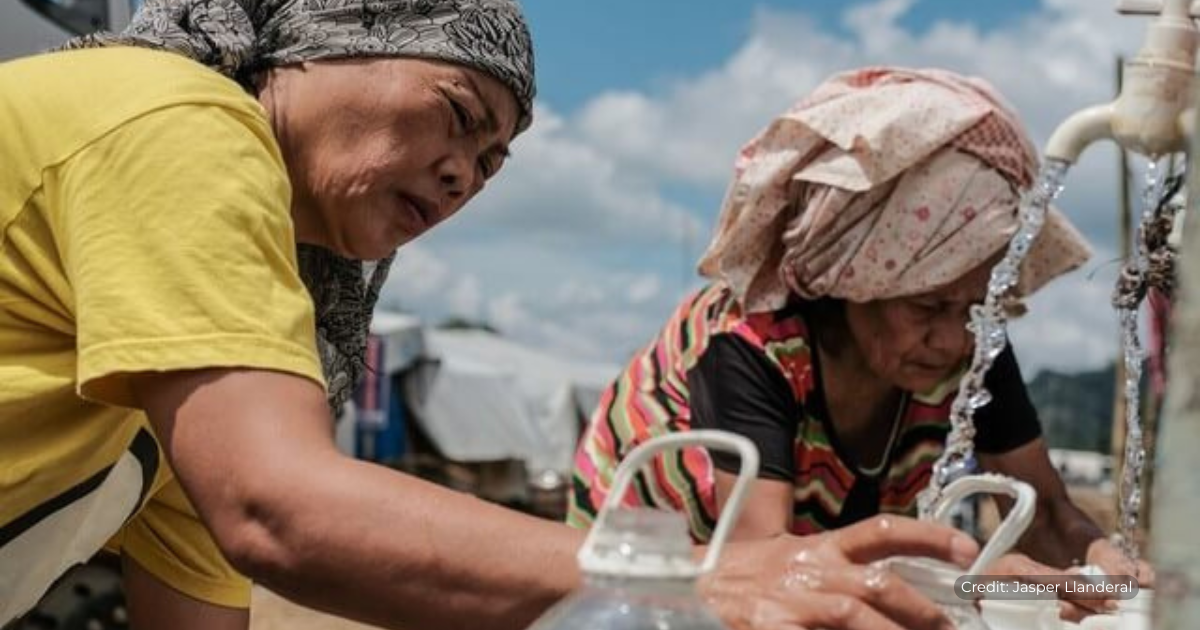Conducting a deep-dive vulnerability assessment focused on water supply and sanitation (WSS) in Cambodia, Indonesia, and Philippines.
Project Overview
The Southeast Asia Vulnerability Study focused on assessing vulnerabilities in the water supply and sanitation (WSS) sector across Cambodia, Indonesia, and the Philippines. The project aimed to understand the intersection of environmental, socio-economic, financial, infrastructural, and governance challenges affecting WSS service delivery and access, particularly among vulnerable populations. Conducted across three phases, the study provided evidence-based insights and recommendations to strengthen WSS resilience in the face of financial constraints, climate disasters, and urbanization.
Athena Infonomics led the assessment, which included document reviews, stakeholder consultations, on field data collection, and extensive spatial mapping. The findings supported the identification of priority provinces and districts, analysis of financial and institutional systems, and development of actionable strategies, such as modified water credit to disaster affected areas, PPP SOPs, blended finance, green bonds, and database development to improve sustainable WSS access.
Project Objectives
The study aimed to:
- Identify and analyze drivers of water and sanitation vulnerability, including climate risks, environmental degradation, and socio-economic exclusion, governance across urban and rural contexts
- Evaluate the effectiveness of government policies, stakeholder programs, and WSS-related interventions in addressing these vulnerabilities
- Identify key actors in the WSS service and finance ecosystems, including public agencies, service providers, microfinance institutions, and development partners
- Develop environmental risk, WASH access, and water basin maps at the country and provincial levels using GIS and spatial datasets
- Assess household-level demand for WASH loans, with a focus on vulnerable and female-headed households
- Provide recommendations to enhance WSS resilience through sustainable infrastructure, institutional reforms, and inclusive financial models
- Estimate market potential for WASH technologies to inform microfinance-linked solutions
Athena’s Role
Athena Infonomics led all three phases of the assessment:
Phase I – Pre-requisite Study
- Conducted a document review to understand national-level WSS vulnerability and governance frameworks
- Performed a stakeholder analysis and held key informant interviews (KIIs) with government officials, service providers, NGOs, development institutions, and private sector actors
- Collaborated with nodal agencies to form a project coordination committee
- Used GIS to spatially map WSS infrastructure, health and communication access, vulnerable populations, and environmental risk factors
- Prioritized 3–4 of the most WASH-vulnerable provinces in each country based on analysis
Phase II – Primary Data Collection
- Collected data from a total sample of 428 respondents, including 300 household surveys in high-risk areas to understand service access, climate exposure, coping mechanisms, financial accessibility, and gender-related barriers
- Collected quantitative and spatial data from national and global sources, including demographic, WSS access, climate hazard, and land use data
- Carried out 128 KIIs and in-depth interviews (IDIs) with WASH service providers, NGOs, government actors, and microfinance institutions to assess financial opportunities and gaps
Phase III – Analysis and Recommendations
- Analyzed development strategies, policies, and financing mechanisms using the OECD DAC framework
- Identified systemic gaps across institutional capacity, regulations, financial frameworks, infrastructure, and gender inclusivity
- Produced GIS-based maps identifying the most climate-vulnerable provinces and districts across the three countries
- Estimated the demand for WASH loans at the household and female-headed household levels
- Delivered recommendations including SOPs for PPPs, fast-track licensing, tiered accreditation, blended finance models, WaterCredit and sanitation financing strategies, equitable tariff structures, and circular economy models
- Estimated WASH technology market size to support microfinance-linked scaling
- Developed a structured database for Water.org capturing access, vulnerability, market potential, and financial needs at district and provincial levels
- Produced learning briefs and facilitated a dissemination workshop with Water.org’s Southeast Asia team to share findings and promote uptake of insights
Key Takeaways
The study generated a multi-dimensional understanding of WSS vulnerability across Southeast Asia and provided actionable recommendations tailored to the policy, and financial contexts of Cambodia, Indonesia, and the Philippines. By highlighting high-risk geographies, identifying underserved populations, and quantifying market size, the assessment equipped stakeholders, including Water.org, with critical inputs for designing resilience-focused WSS programs. The findings support strategic planning and investment in climate-adaptive, inclusive, and financially sustainable water and sanitation systems in the region.
Image used for representational purposes only; photo credit: Jasper Llanderal

